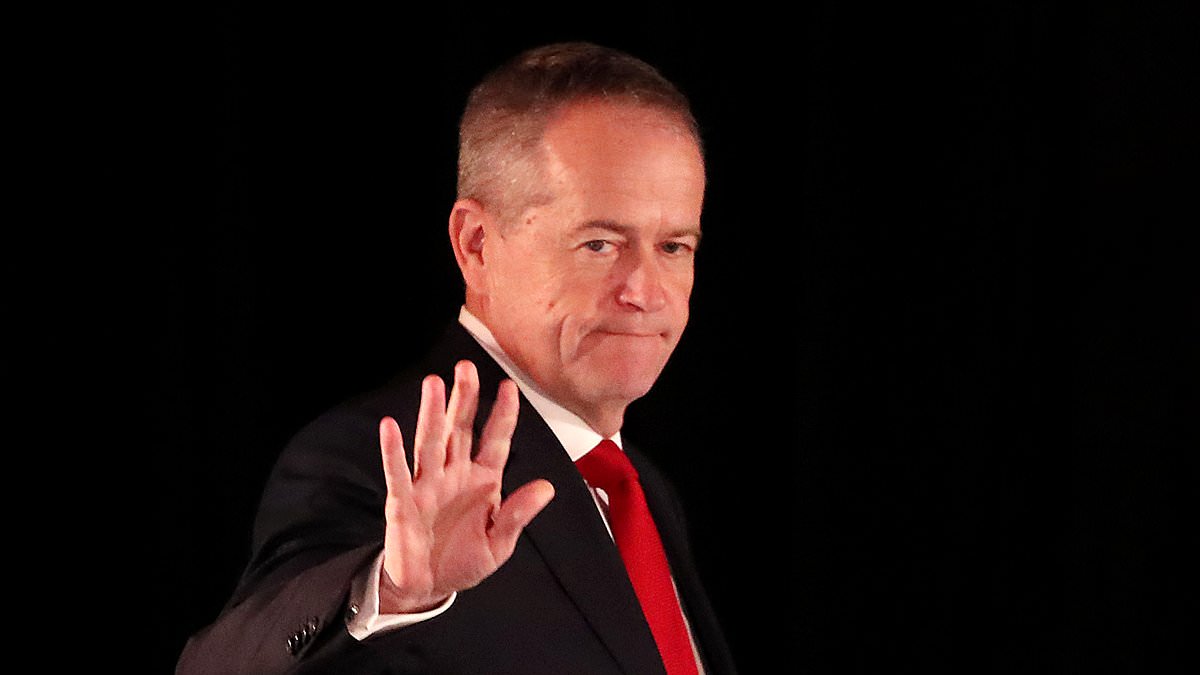Anthony Albanese’s government is seriously considering changes to negative gearing and capital gains tax exemptions, according to senior Labor sources.
Nine newspapers confirmed that the Government has asked for modelling on the potential change to negative gearing to be carried out, according to an unnamed Labor source.
Another Labor source confirmed that negative gearing changes were being considered, but the Government may still decide not to move forward with any policy changes.
Negative gearing policies allow property investors to claim tax deductions when the costs of owning and maintaining their investment properties, such as loan interest and maintenance expenses, exceed the rental income they earn from them.
This tax benefit can reduce the property investor’s taxable income, potentially leading to a lower tax bill.
Labor leader Bill Shorten’s plan to get rid of negative gearing contributed to him losing the ‘unloseable election’ to Scott Morrison in 2019.
When Mr Albanese took over Labor’s reins after that loss he said changes to negative gearing was off the table.
But now it could be back on Labor’s agenda for the federal election that is due to be held by next May.
In interviews last week, Mr Albanese was asked repeatedly if Labor would consider changes to negative gearing, and at no point did he rule it out.
‘I don’t answer those sorts of questions,’ he said on ABC Radio National last Thursday.
But two days before that, he referred to a claim from the Property Council of that changing negative gearing would hurt housing supply.
‘So that is one of the reasons why we’re very cautious about that,’ he told ABC Radio Sydney.
Being ‘cautious’ is not ruling something out, though, and one Labor official said: ‘This is what Labor needs and wants – they need to have a fight on policies that shows what they stand for’.
‘It’s in the values frame. This is why Albo was reticent about ruling it out the other day. Look at what Albo has said, he has not knocked it on the head.
‘This will give the government something big and positive to talk about, it will be a major talking point in the campaign.’
Governments often request policy evaluations from treasury officials without intending to follow through with changes.
However, according to the official, the modelling suggested that Labor was gearing up to present changes before the upcoming election.
Earlier this year, one Labor MP said there was broad support in the party for making legislative changes to negative gearing as members are concerned it unfairly benefits older generations.
‘It should not be easier to buy your second and third house than to buy your first,’ the anonymous MP told The n.
Opposition finance spokeswoman Jane Hume has accused the Albanese government of ‘lying’ over negative gearing.
‘There’s nothing wrong with the government considering anything,’ she told ABC TV.
‘But lying to the n people about whether they’re considering it is another issue entirely.
‘As recently as last week, the Prime Minister was … saying that … questions whether the government was considering (changes to negative gearing or capital gains tax exemptions) were not very clever questions.
‘Yet only this week, we find out there is some secret plan to look at negative gearing.’
However, Senator Hume refused to rule out changes to negative gearing and capital gains tax under a potential Coalition government.
‘We’ll rule out anything that reduces supply and rule out anything that pushes up rents,’ she said.
Political commentator Prue MacSween called out the potential changes from Labor.
‘This tells you how ignorant and economically illiterate they are. It appears they have been cornered and spooked by the Greens slime fools who are staging a witch hunt on mums and dads who have bought a flat or house investment, and are providing much-needed rental properties to secure their retirement.
‘Labor is out of ideas of its own. All Anthony Albanese has to do is remember how well that plan went for Bill Shorten in the 2019 election. What housing crisis? I see dumb people.’
By Stephen Johnson
Investor landlords can claim a rental loss against their taxable income, an arrangement known as negative gearing.
Even if they don’t make a loss, they can claim expenses from interest payments to council rates and property maintenance so they can reduce their taxable income.
In the 2019-20 financial year, 35 per cent of people who claimed rental deductions were in the top group of taxable income earners.
Treasury calculated that in 2019-20, 2.4million people claimed $51.3billion in rental deductions against their taxable income.
This cost the Budget $18.6billion in forgone revenue as 1.3million people claimed a loss from rental income failing to keep pace with mortgage repayments – a situation known as negative gearing.
The ‘other rental deductions’ category was claimed by 47 per cent of taxpayers claiming rental expenses on tax, including council rates and property maintain.
Another 44 per cent claimed interest deductions while 9 per cent claimed capital works.
ns claimed an average deduction of $7,790 from rental deductions.
Men on average claimed $8,840 in rental deductions, compared with $6,660 for women – a $2,180 difference.
‘A higher share of the reduction attributed to men reflects higher average deductions and higher average taxable incomes,’ Treasury said.
Men claimed 59 per cent of deductions with women claiming 41 per cent.
Property investors are also reducing their taxable incomes to very low levels by claiming by rental deductions.
‘The share of the benefit for those in the lowest taxable income decile is driven by both the number of tax filers and their relatively large average deductions,’ Treasury said.
‘These tax filers tend to have higher incomes before deductions but their claims for expenses associated with maintaining their rental property substantially reduce their taxable income, pushing them into lower deciles.’
